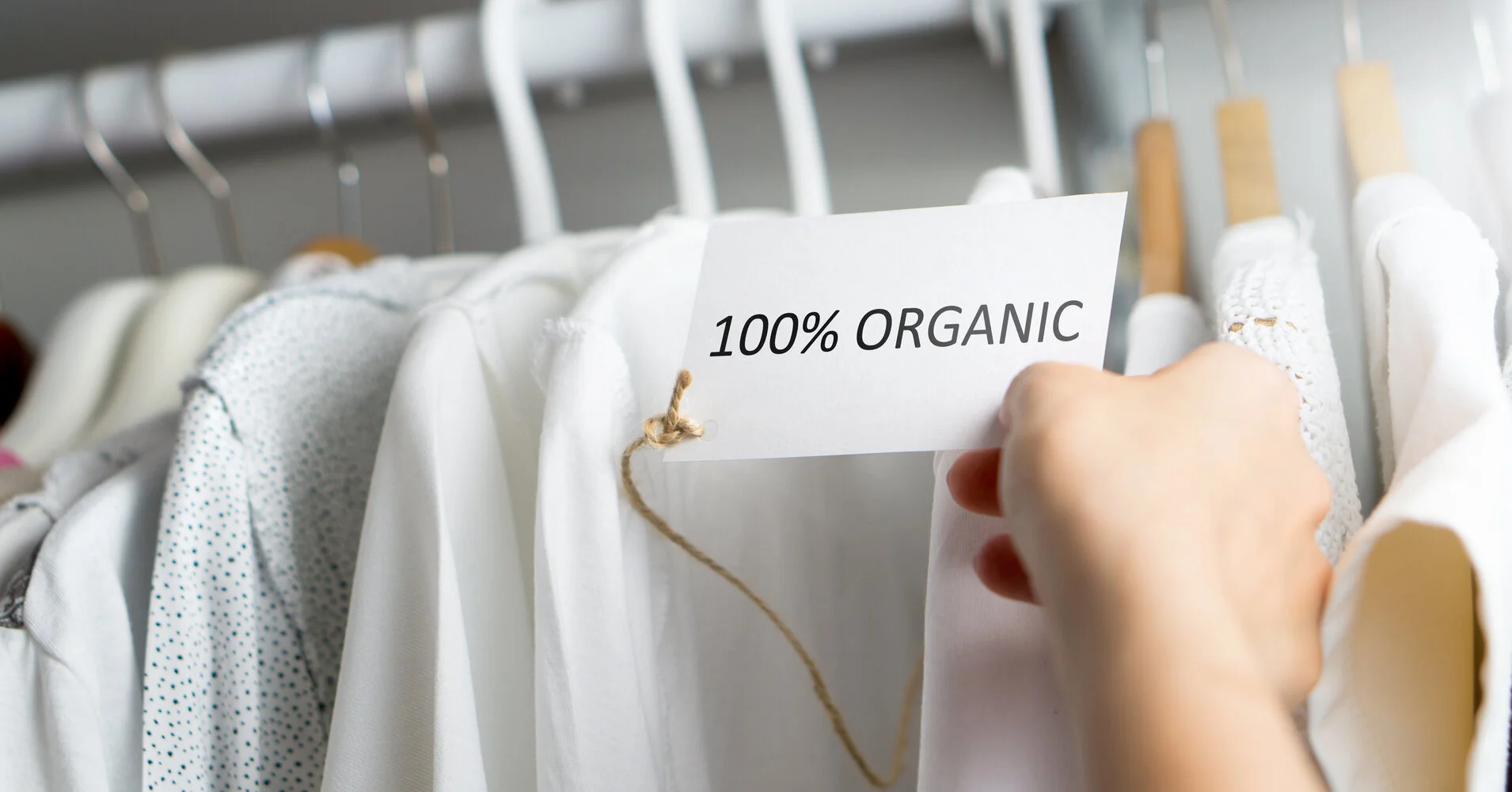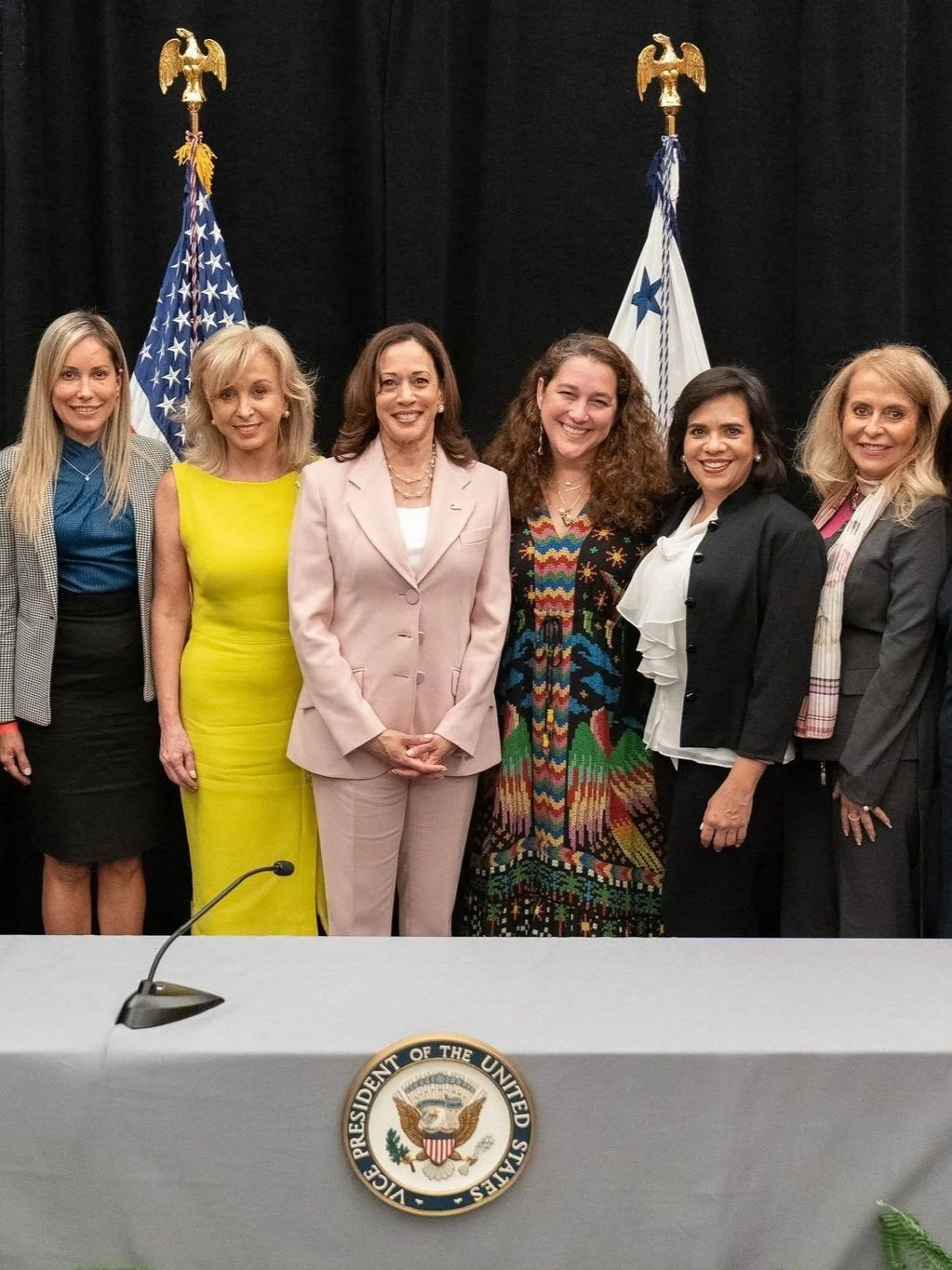“There is no one way to be conscious or sustainable, but rather a variety,” said Carmen, writing for the Journal back in January. And she went on to explain how supporting ethical businesses, donating to textile research, minding one's own consumption and demanding transparency and respect for human rights from companies are just some of the many ways we can offset the negative impacts of consumerism. But while this “variety” should give each of us a way to play our part as conscious consumers, the flip side is that it also means it is extremely difficult to identify whether and to what extent businesses are conscious or sustainable.
From community and animal welfare, to the use of organic materials and carbon emission levels, being conscious or sustainable means different things to different people, and without a shared view, a single one-size-fits-all definition is probably going to remain illusive. However, there are a number of recognized certifications that can help us pinpoint which brands meet certain ethical standards, and here’s Part I of our introductory guide to a selection of those that apply to the fashion industry.
B Corp
B Corp Certification measures a company’s entire social and environmental performance and assesses how its operations impact its workers, the wider community, the environment, and its customers. Awarded by non-profit B Labs, its evaluation process extends across a company’s supply chain and input materials, its charitable giving and employee benefits.
Rather than an endorsement of a particular company product or service, B Corp Certification indicates good business practice, so for consumers it’s useful for identifying those brands committed to a positive business model in general.
Better Cotton
The Better Cotton Initiative (BCI) supports a holistic approach to sustainable cotton production, which covers all three pillars of sustainability: environmental, social and economic. By adhering to its principles, BCI Farmers produce cotton that is grown with less water and chemical use, and in a way that protects both working conditions and biodiversity.
Ideal for identifying companies that are committed to ethical cotton production, a BCI licence is not however a guarantee that cotton is organic or GMO and pesticide free.
Bluesign
Bluesign approved products are manufactured with the responsible use of resources and the lowest possible impact on people and the environment. Awarded to textile manufacturers by Swiss-based Bluesign Technologies, certification is based upon water conservation, chemical usage and dye toxicity, and the Bluesign system aims to protect the employees involved in the manufacturing process, as well as assure consumers who purchase the accredited garments.
If a product carries a Bluesign label, it signifies that from the raw materials to the finished product, the company has used the best technologies available in manufacturing, designed to reduce environmental impact.
Climate Beneficial Wool
Awarded by US-based non-profit Fibershed, Climate Beneficial Wool verification signifies that the farming process used to produce the material is contributing to a net positive impact on the climate. By committing to implement Carbon Farming practices, which draw down more atmospheric carbon than they are emitting, verified farmers not only help limit the impact of climate change, but also build resilience to drought thus increasing agricultural productivity naturally.
Purchasing items crafted from Climate Beneficial Wool will appeal to those looking to support companies that are actually making a positive contribution to the effects of global warming, rather than simply mitigating any negative effects.
Cradle to Cradle
The Cradle to Cradle Certified™ Product Standard provides designers and manufacturers with criteria and requirements for continually improving what their products are made of and how they are made. Looking at a product across five quality categories — material health, material reutilization, renewable energy and carbon management, water stewardship, and social fairness – companies are rated as Basic, Bronze, Silver, Gold or Platinum, and every two years must demonstrate efforts to improve their products in order to have their products recertified.
Awarded by the independent Cradle to Cradle Products Innovation Institute, Cradle to Cradle certification not only focuses on sourcing and manufacturing processes, but also considers the end of life of a product and whether it can safely return to nature or industry.
Fair Trade
Fair Trade is a global movement that promotes rigorous social, environmental and economic standards, and accreditation is an ongoing process. With a clear focus on helping to build sustainable livelihoods and empower and uplift communities, Fair Trade Certified goods are made by individuals who work in safe conditions and for fair pay.
Prioritizing people, Fair Trade brands are committed to the welfare of garment workers and the protection of their rights.
Stay tuned for Part II…












